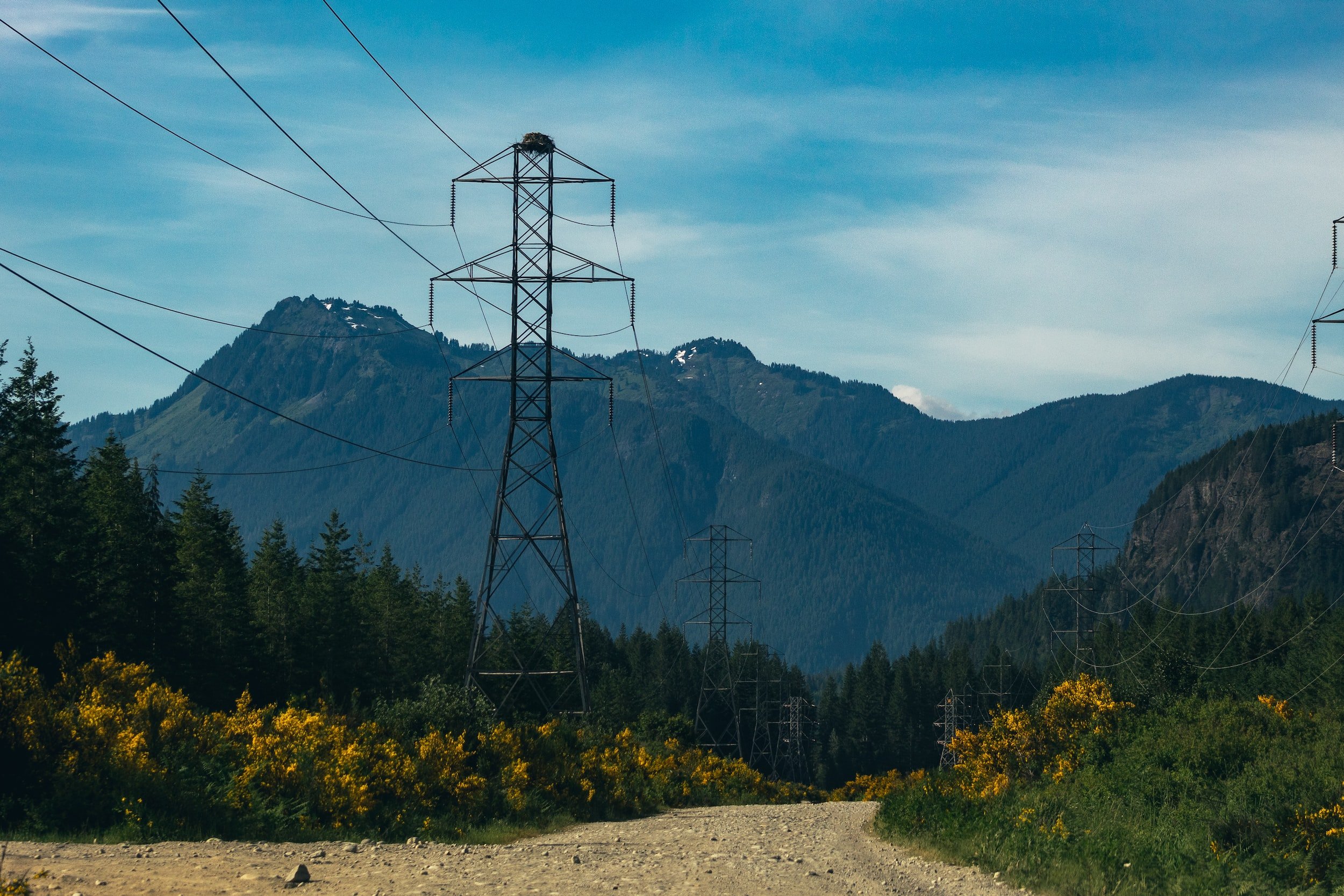Workshop Report: Governing Minerals for Renewable Energy
Teresa Kramarz
As part of the distinguished lecture series, The Munk School of Global Affairs and Public Policy, and the Environmental Governance Lab hosted Dr. Stephen Lucas, Deputy Minister of Environment and Climate Chance for a full day conference on governing minerals for renewable energy and a sustainable future. The keynote address was delivered by Dr. Stephen Lucas, Deputy Minister of Environment and Climate Change. This was followed by a discussion moderated by Julie Gelfand, Commissioner of the Environment and Sustainable Development from the Office of the Auditor General of Canada. Ugo Lapointe of MiningWatch Canada, and John Drexhage of the Industry and Extractives Practice of the World Bank presented an overview of the main challenges and opportunities entailed in a mineral-intensive future for renewable energy.
Dr. Stephen Lucas makes his keynote address at the Distinguished Lecture Series: Governing Renewable Energy
Dr. Lucas set the theme of the day by stressing the importance and necessity of large-scale energy transformations to transition to a low carbon economy: immense shifts in energy consumption are required across sectors, as well as an increase in energy efficiency, and a shift to clean electric supply based on renewables.
According to Dr. Lucas, massive increases in energy efficiency and renewable energy generation also requires a 900% increase in the capacity to store the energy produced from renewable energy. To meet this demand, certain minerals and metals will be consumed in increasing amounts, which has its own footprint implications that need to be factored into climate change mitigation strategies. Of particular concern are minerals such as cobalt and lithium, which can be found in ecologically, politically, and economically fragile regions around the world.
According to the International Energy Agency’s 2017 Energy Technology Perspective (ETP) report, “We will need 1000% more lithium on an annual basis” (https://www.iea.org/etp2017/)
Navigating these massive shifts in mineral demand and renewable energy demand poses governance challenges. According to Ugo Lapointe, there are various efforts that can be taken to mitigate the negative impacts of mining amidst increasing consumption and material usage. He noted three main methods: reducing ‘primary’ metal mining to shift to “need-based mining,” reducing and mitigating impacts (which includes taking a human rights focus and better handling of mining waste and water), and waiting for proper market conditions to avoid narrow financial margins which pose socio-economic risks.
What metals do we really need? According to a status report by the UN Environment International Resource Council, 30-50% of all mine sites are for gold (luxury/financial markets)
Along with governing minerals, John Drexhage noted that institutional barriers, such as the division of powers in Canada’s constitution, further complicates these discussions. The pathway to decarbonisation requires stronger leadership, and cooperation among cities, businesses, and individuals. Additionally, Dr. Lucas stressed the importance of transparency, which requires both industry reporting and government reporting on practices and impact.
Julie Gelfand, Commissioner of the Environment and Sustainable Development at the Office of the Auditor General of Canada, then facilitated a discussion on the morning’s presentations to start developing a research and policy agenda.




